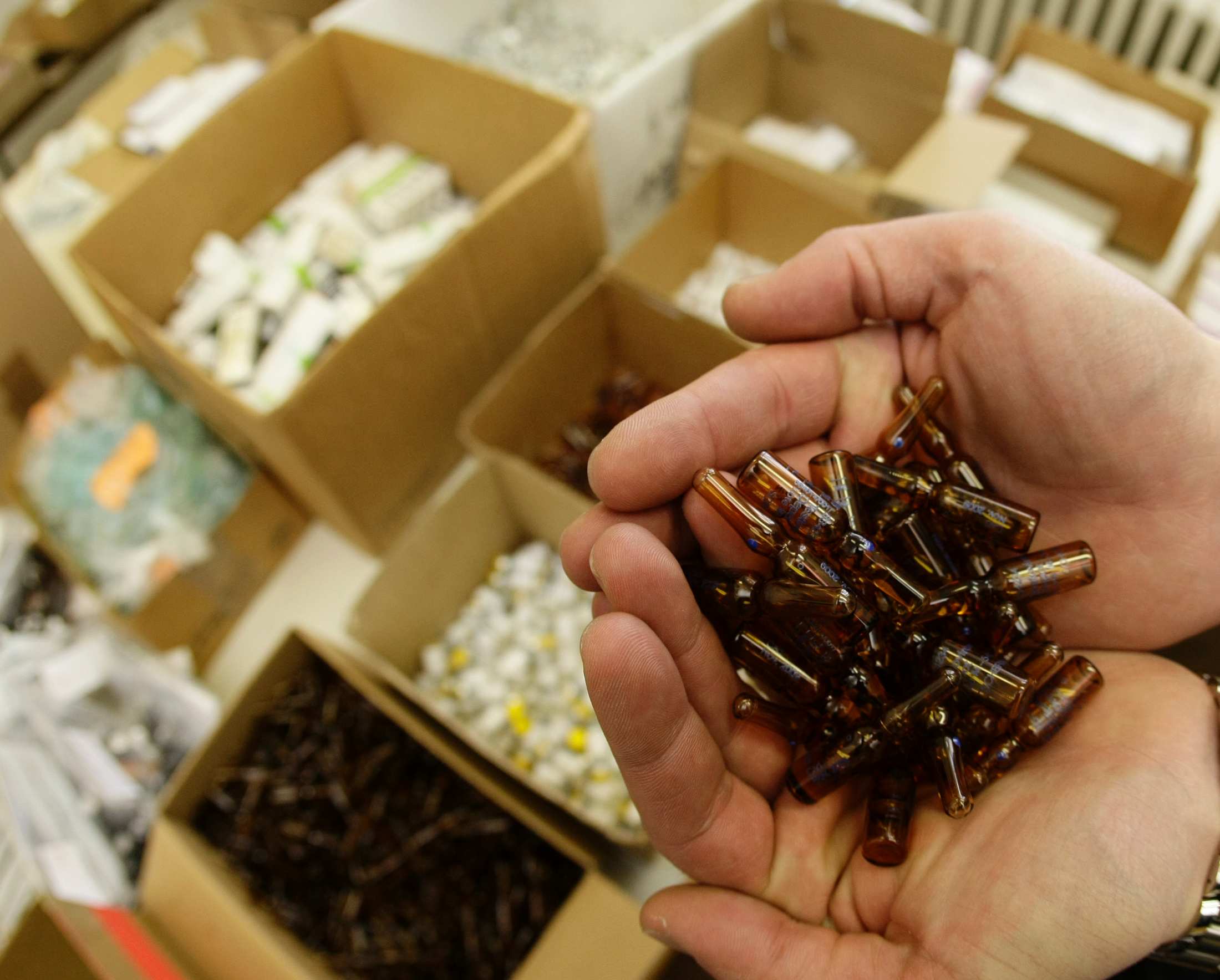This feature has been compiled by University of Canberra student Andrew Nardi.
From elite to casual mountain bikers, the Scott/CORC 24-hour mountain bike race will bring together a range of cyclists in the Canberra community. The event will test the endurance of solo riders and teams as they strive to race around Mount Stromlo for 24 consecutive hours.
According to the Australian Sports Anti-Doping Authority (ASADA) however, it is common for participants to consider using supplements to improve their performance in endurance races. Taking certain supplements might not only result in positive drug tests, but could also lead to fatigue and even death.
Andrew Nardi spoke to an ASADA spokesperson to shed some light on the ongoing issue, and how it relates to the Scott.
Andrew: What are some of the health risks associated with doping in an endurance race such as the Scott?
One of our concerns in events like this is the effect of nutritional supplements that may be contaminated. Nearly 50% of all ASADA’s positive tests come from an athlete who has taken a supplement that they don’t know contains a prohibited substance.
I would imagine in this type of event, it’s quite common for people to be looking at using supplements, either during the event or leading up to it. But there’s a lot of risk that they’re contaminated with banned or dangerous substances.
Some of these supplements contain very large levels of their active ingredients, far beyond the recommended daily intake. There are even examples of athletes dropping dead during marathons, as a result of using contaminated supplements.
Andrew: Is it common for ASADA to go out and do tests at events like this?
We can only test if the event has a valid anti-doping policy in place, and if the competitors at the event are held accountable to that anti-doping policy through membership with the sport. Because this race is affiliated to Mountain Bike Australia, which has an anti-doping policy, it’s possible that we would be testing.
Andrew: What measures do ASADA undertake to ensure that these kinds of events are fair and safe?
Our role is to turn up and do the sample collection. There are international standards that are followed in terms of how that’s collected, which athletes are notified, and who is tested. We then help the sport with the results management process. From there, it’s up to the sport to do the sanctioning of any athletes.
In advance of that, it’s about engaging in education at events – the provision of information about what people should be looking out for, and trying to either prevent them from doing something deliberately, or making a mistake.
Andrew: How is it best for those within sporting communities to combat doping culture?
It’s about education. We want athletes to understand that they’re not going through that false scenario of “everybody’s doing it, therefore I have to”, and making the assumption that everyone else is, when the high likelihood is they’re not.
We try to achieve that by raising awareness that the issue exists, and that it does relate to every member of the sport, and not just the very elite. It’s also an issue for coaches and support personnel. There are rule violations that relate to them as well.
Andrew: Do you try to encourage a culture of peer pressure among athletes, to dissuade them from doping?
Yeah. Certainly the culture of the sport has a lot to do with the decisions that we make. It’s not just the anti-doping culture of the sport though; the issue is now about the sport’s broader culture and integrity. That could involve match-fixing, illicit drugs, use of alcohol, respect and responsibility, and all those issues relating to the culture of the clubs. We’re probably part of a bigger picture of how a sport sees and reflects its culture.
And then certainly, it’s a long process if you’re ever trying to change that culture. For our part, we just try to implement the best anti-doping programs, events, testing, education, detection and investigation that we can. But ultimately, the culture of a particular sport is down to the participants, members, administrators and fans to own and influence.
ASADA always recommends that athletes undertake a “needs” and “risks” analysis prior to use. Visit http://www.asada.gov.au/substances/supplements.html for more information.
